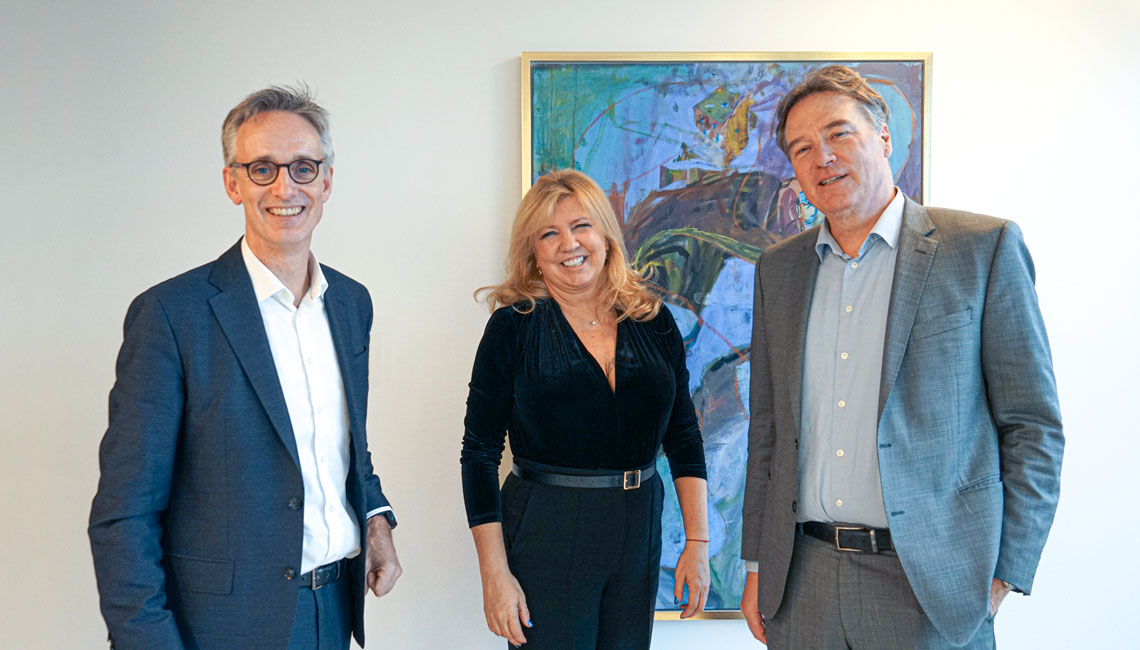Innovation - the key to sustainable growth
Denmark can make a global difference towards achieving the UN's Sustainable Development Goals through innovation and entrepreneurship. We are front-runners when it comes to sustainable ideas. However, there is still room for improvement.
The United Nations Sustainable Development Goals entered into force in 2016, binding all 193 UN member states. The goals set an ambitious development direction for the entire population of the world. However, the goals contain some dilemmas. For example, some of the goals concern prosperity: No Poverty, Zero Hunger, Good Health and Well-being, and Decent Work and Economic Growth, achievement of which, all else being equal, would lead to an increasing drain on the world's resources. Other goals are about sustainability: Affordable and Clean Energy, Sustainable Cities and Communities, Responsible Consumption and Production, Climate Action, Life Below Water and Life on Land. These require a lower demand on the world's resources. Hence, there would seem to be contradictions here, where achieving one type of goal risks reducing the achievement of the other type of goal.
A third group of goals, Quality Education; Industry, Innovation and Infrastructure; and Peace, Justice and Strong Institutions, is really the means to the end of solving the Gordian Knot. If the world invests sufficiently in these goals, global productivity could be improved, and increasing productivity would improve living standards and reduce resource use.
Previous reports from the Small Great Nation project have analysed a number of aspects of education and strong institutions. Therefore, in this report we focus on innovation. In the next report we will focus on climate.
Innovation is contagious. This is good, but it means that the individual company does not get the full benefit of its innovative efforts. Hence, there is a socio-economic gain to be had by state support of companies' innovative efforts through, for example, patent and rights systems, research collaboration, tax rebates and direct support of innovation. In other dimensions, the contagion means that entrepreneurship is inherited and children who grow up in self-employment environments more often become self-employed themselves.
Denmark spends a lot of money on R&D, and green Danish patents are of a higher quality than those in many other countries. Nevertheless, Danish companies have much lower sales volumes of newly developed products than other EU countries, which is surprising. In this report, you can read about this, and many other issues.
The report covers the following topics:
• The Sustainable Development Goals and innovation
• The innovative Denmark
• Ideas and innovations are contagious
• Society's support for innovation and R&D




